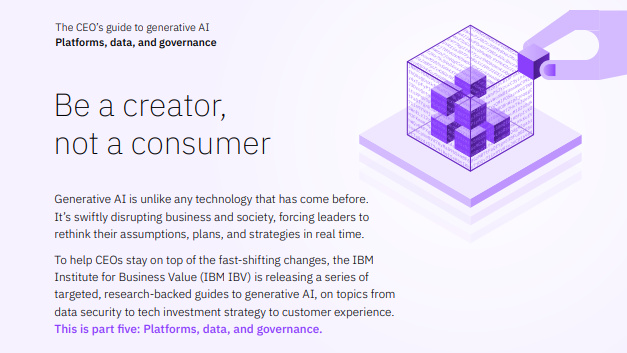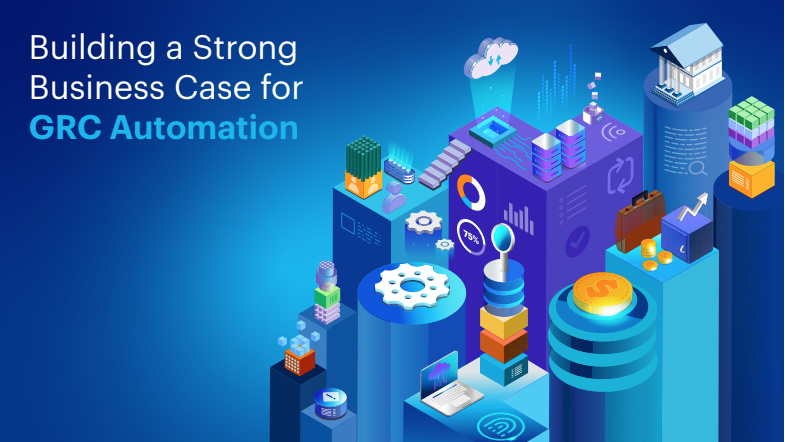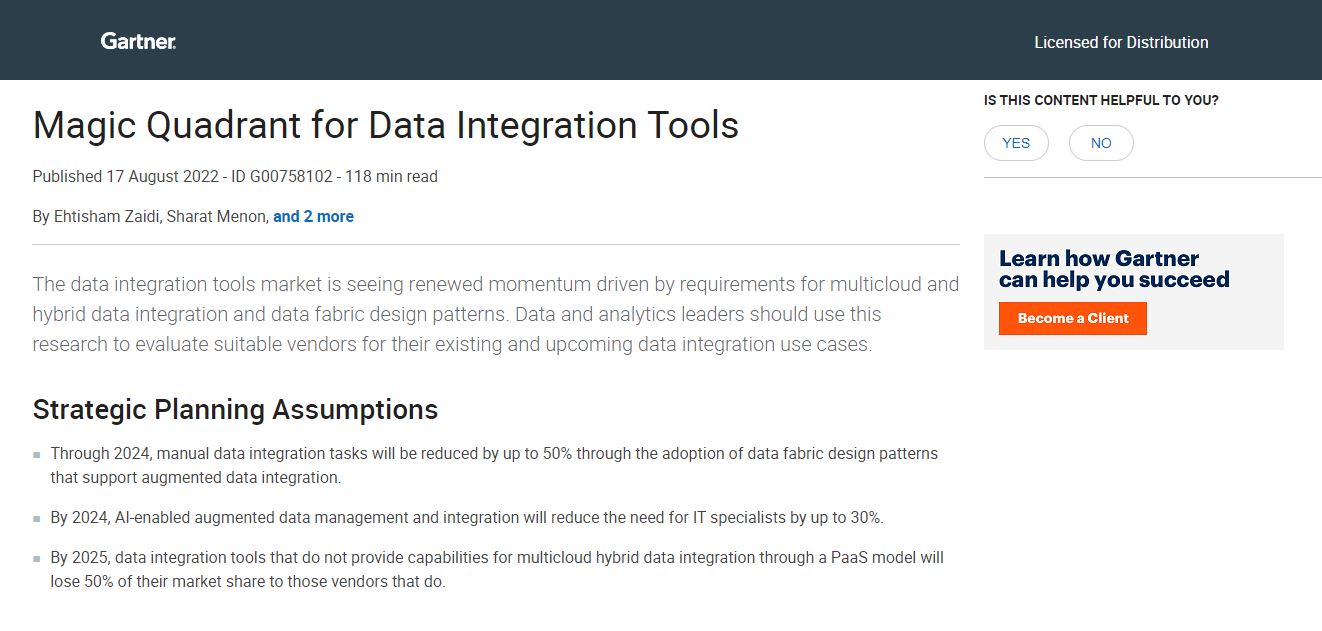Facebook launches Anonymous Login to boost user privacy
Social networking giant tightens up privacy controls around third-party data use

Facebook has moved to quell privacy concerns surrounding the amount of personal information its users surrender when signing into third-party apps with the launch of Anonymous Login.
The service allows users to sign into apps via Facebook without passing on any of their personal information to the developers behind them.
The social networking giant has allowed people to use their Facebook details to log into third-party web services and apps for some time now. This saves users from having to create separate usernames and passwords across multiple sites.
People can decide later if they want to share any additional information, once they understand more about the app.
In a blog post, Facebook claimed the offering will allow users to gain a better understanding of how apps work before they share information about themselves.
"Sometimes people want to try out apps, but they're not ready to share any information about themselves. For this, we're introducing a way to log in to apps anonymously," the post states.
"People can decide later if they want to share any additional information, once they understand more about the app."
Anonymous Login is being tested by a select group of app developers, ahead of its general release.
Get the ITPro daily newsletter
Sign up today and you will receive a free copy of our Future Focus 2025 report - the leading guidance on AI, cybersecurity and other IT challenges as per 700+ senior executives
The announcement was made at Facebook's developer conference in San Francisco, with the firm's CEO Mark Zuckerberg claiming the service would make users feel more comfortable with using the site as a gateway to third-party services.
"By giving people more power and control, they're going to trust all the apps that we build more, and over time use them more. And that's positive for everyone," he said.
The company also used the event to flag the arrival of revamped version of its traditional login screen, which offers users greater control over the data shared with third-party apps.
"With the new Login, people can select the data an app gets by unchecking categories of information, one-by-one. For example, if someone wants to share their email address with an app, but not their birthday, they can make that choice with a couple of apps," the blog post continued.
-
 How to use LinkedIn to market yourself as an IT professional
How to use LinkedIn to market yourself as an IT professionalwhitepaper Whether you’re updating your LinkedIn profile or creating one for the first time, it’s critical to remain consistent and credible if you hope to raise your profile within the IT industry
By ITPro
-
 The CEO's guide to generative AI: Be a creator, not a consumer
The CEO's guide to generative AI: Be a creator, not a consumerWhitepaper Innovate your business model with modern IT architecture, and the principles of trustworthy AI
By ITPro
-
 Building a strong business case for GRC automation
Building a strong business case for GRC automationwhitepaper Successfully implement an innovative governance, risk & compliance management platform
By ITPro
-
 Sundar Pichai: AI keeps me up at night
Sundar Pichai: AI keeps me up at nightNews The Google chief warned that recent AI developments will have a profound impact on society
By Ross Kelly
-
 ChatGPT privacy flaw exposes users’ chatbot interactions
ChatGPT privacy flaw exposes users’ chatbot interactionsNews OpenAI has not expanded on the flaw in detail, nor indicated its reach
By Rory Bathgate
-
 Meta to pay $725 million in Cambridge Analytica lawsuit settlement
Meta to pay $725 million in Cambridge Analytica lawsuit settlementNews The settlement closes the long-running lawsuit into how Facebook's owner, Meta, handled the Cambridge Analytica scandal
By Ross Kelly
-
 Businesses to receive unique Twitter verification badge in platform overhaul
Businesses to receive unique Twitter verification badge in platform overhaulNews There will be new verification systems for businesses, governments, and individuals - each receiving differently coloured checkmarks
By Connor Jones
-
 2022 Magic Quadrant for data integration tools
2022 Magic Quadrant for data integration toolsWhitepaper Using research to evaluate suitable vendors for their existing and upcoming data integration use cases
By ITPro

